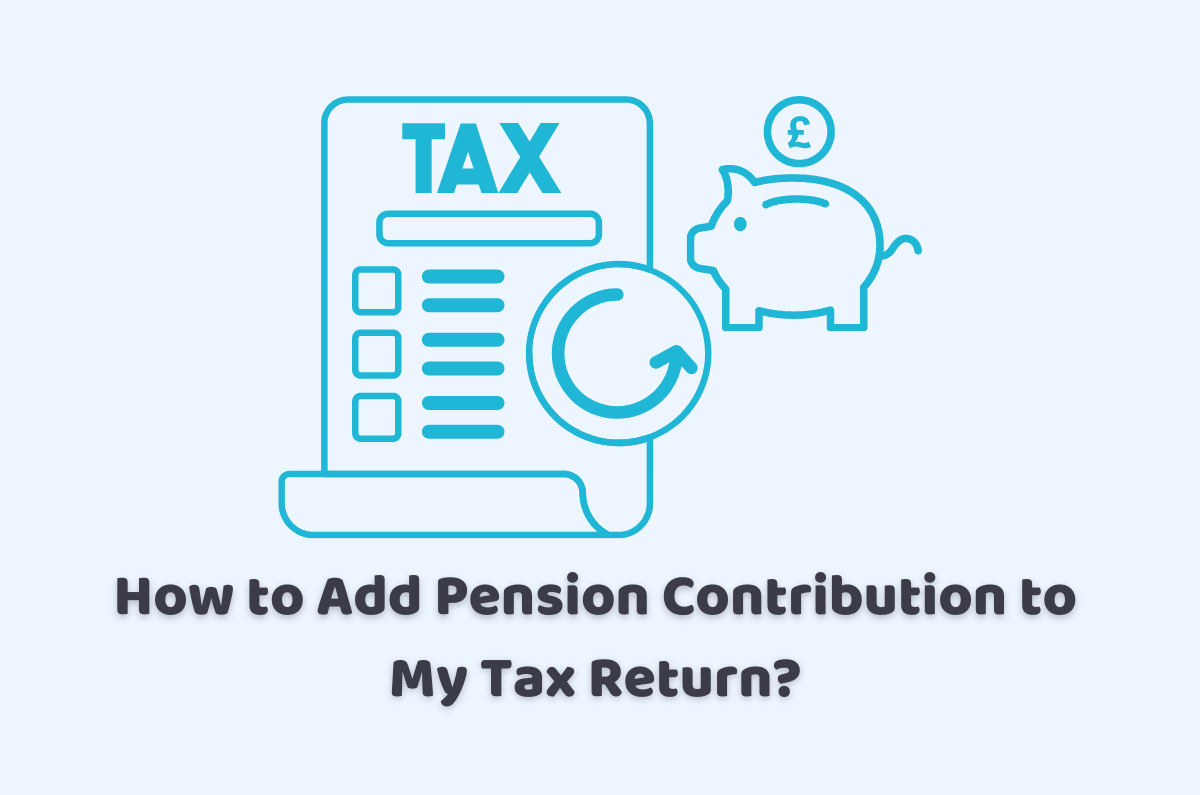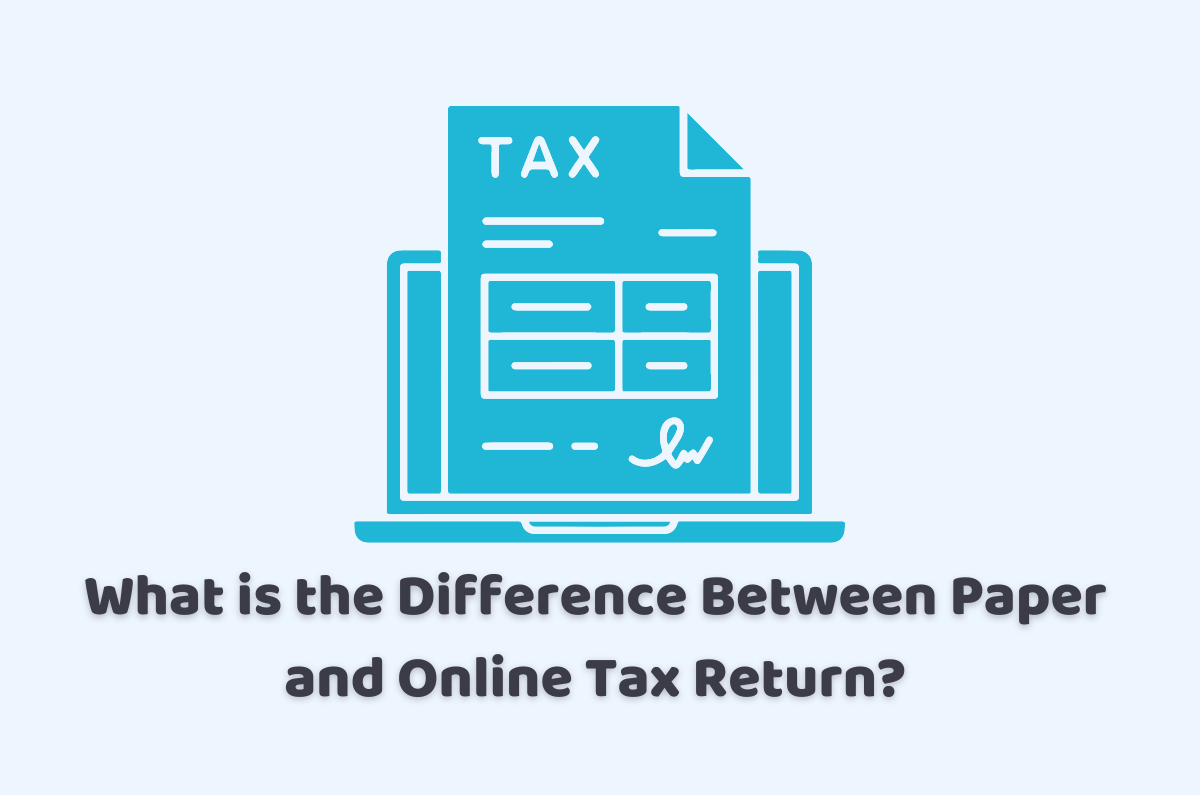
03/04/2024tax , Tax Issues , Tax News and Tips , Tax Saving Tips , Taxation
How to add pension contributions to your tax return? Adding pension contributions to your tax return in the UK is a crucial aspect of filing properly. It helps to reduce your taxable income and ensure you pay the right amount of tax and national insurance contributions (NICs). Pension contributions can be a significant source of income in retirement.
So it’s vital to ensure they are reported correctly. Any errors or omissions can lead to penalties and fines. In this discussion, we will explore the requirements. Also, the benefits of correctly filing your pension contributions, how to add them to your tax return, and any potential risks involved.
Reach out to our smart and clever-minded guys to get an understanding of the pension contribution to tax returns in the UK. We will help to understand your queries instantly.
How Do Pension Contributions Work in the UK?
In the UK, pension contributions are one of the key benefits for employees and a requirement for employers. The goal of pension contributions is to support employees in retirement and provide them with secure income later in life. Pension contributions are typically paid by both employees and employers.
Who shares the cost in a pre-agreed ratio? However, the exact arrangement and rules may vary depending on the individual’s work structure and employment status. Pension contributions are typically deducted from the employee’s pay before they receive their salary or wage. However, the amounts may be adjusted in certain circumstances, such as changing pay rates or retirement plans.
Is it Required to Report Pension Contributions on my Tax Return?
It’s normally required to report pension contributions on your tax return. Pension contributions are considered as part of your taxable income and must be reported as such. This means you’ll need to include them on your tax return, together with all other income and deductions.
However, it’s always best to check with a tax expert or HMRC to ensure compliance. They can provide the latest information and guidelines on tax reporting, including any exceptions, deductions, or changes to the rules. Pension contributions should be reported on the UK tax return.
Pension contributions are taxable and considered part of the individual’s gross income. Failure to report them can lead to penalties from HMRC, including interest and fines, so it’s important to get the details right. If you’re unsure or have any specific queries, contact HMRC or a tax advisor for help. They can guide you on the required details and any exemptions or deductions applicable in your case. Remember to keep track of all documentation related to the pension contributions, such as payslips and pension plans.
How to Add Pension Contribution to Your Tax Return?
To add pension contribution to your tax return in the UK, follow these steps:
- Find your payslips from the relevant tax year and gather your payment details.
- Locate the correct tax schedule on the HMRC website for your tax and employment status. It will specify the information you need to include for taxes and national insurance contributions (NICs).
- Copy the value of your pension contributions from the payslips and add them to the required field in the tax schedule.
- Submit the completed tax return and make any payments due.
- Verify that the value you claimed as pension contributions is correct by cross-checking it with HMRC records.
- If you’re filing the return online, print the document and retain the copy for your records.
- Keep monitoring your tax return progress on the HMRC website. You should receive feedback on the results.
If you need any further assistance, reach out to a tax expert or contact HMRC for direct support.
What if I Forgot to Add my Pension Contribution to My Tax Return?
If you forget to add your pension contribution to your tax return in the UK, you could face penalties from HMRC. These may include interest and fines. It’s always best to confirm that you’ve reported correctly for tax purposes and be wary of any mistakes. In this case, a tax professional can help ensure that the return is correct and guide you in filing any amendment.
Depending on your financial status and country of residence, you may also be able to utilise tax relief programs or assistance plans to reduce or eliminate any costs associated with penalties. Other factors that might have an impact on the penalties include:
- The amount of time since the filing deadline. Longer periods might incur more sanctions or higher fines.
- The amount of underreported income from pension contributions. Larger amounts can incur higher sanctions than lower amounts.
- Any history of repeat instances or other mistakes filed when declaring pension contributions. Repeated violations can lead to higher penalties.
- The individual’s tax filing status, such as self-employed vs. employed. Self-employed individuals might face higher penalties than employed individuals.
How can Professionals Add My Pension Contributions to My Tax Return?
A professional can provide assistance to add pension contribution to your tax return in several ways:
- Verifying that you have correctly added the pension contributions.
- Guiding the correct method and procedures to follow.
- Checking the tax return for accuracy and completeness.
- Ensuring that you have provided all necessary documents and information.
- Addressing any questions or issues that may arise during the process.
- Advising on the next steps to take, such as filing additional forms or submitting amendments.
Some of the professionals that can help with this task include:
- Tax advisors, such as accountants or bookkeepers who specialise in tax and payroll.
- Tax lawyers, who can provide legal advice and representation.
- HMRC-certified tax return assistants, who can provide a range of services related to income and payroll tax filing.
Remember to research and choose the professional that best suits your needs and budget.
The Bottom Line
In conclusion, it’s important to properly account for add pension contributions to your tax return when filing your tax return in the UK. This involves reviewing payslips and other relevant documents, and ensuring the right values are declared. As well as completing tax return forms according to your tax filing requirements.
Having a professional guide you through the process can provide support and ensure that you’ve submitted accurate and complete information. It can also help avoid penalties and ensure that you can take full advantage of any deductions or benefits. It’s important to stay informed about tax regulations and keep your records up to date for smooth and hassle-free operations.
Our team of professional members loves to hear out your business problems and find out the possible and suitable solutions quickly to the reporting in the UK. Contact us now.
Disclaimer: The information about how to add pension contributions to tax returns provided in this blog includes text and graphics of general nature. It does not intend to disregard any of the professional advice.



